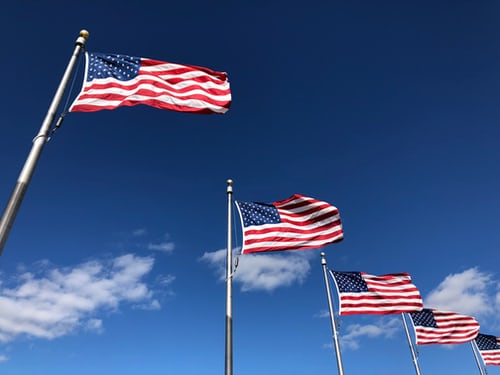Why Was Daylight Saving Time Invented?

Daylight Saving Time (DST) has caused debate among people around the world. Whether you live in a country following DST or not, many people across the globe are still concerned with this annual tradition. Some of them favor abolishing the clock changing, while others believe that it is beneficial in energy conservation. To understand Daylight Saving Time better, it is essential to know who invented it and why it was invented.
The Birth of Daylight Saving Time
Daylight Saving Time is usually referred to as either spring forward (where you add one hour to the standard time) or fall back (where you decrease one hour to the standard time). It is an annual tradition that was established in the United States in 1918. It was Ben Franklin who kind of proposed the Daylight Saving Time, which was previously referred to as the Daylight Savings Time. But if you dig deeper, the idea of DST has a more meaningful history.
Aside from energy conservation, Daylight Saving Time was created for several reasons. In 1895, George Hudson established a modern concept of DST. Hudson was an entomologist, and he proposed the two-hour time shift to have more after-work hours of sunshine. He used these additional hours to go bug hunting in the summer.
Another instance when DST was proposed was seven years later. William Willett, a British builder, got an idea while he was horseback riding. He presented it to England’s Parliament to prevent the country from wasting daylight. Although Winston Churchill supported Willett's view, it was rejected by the British government. Willett kept arguing for the said concept up until he died in 1915.
How England Accepted DST
As mentioned, the British government rejected the idea of Daylight Saving Time. But later on, they accepted it to conserve energy. But how did it start? Two years after World War I, the German government thought of ways to save a life. Then they remembered Willett’s idea of moving the clock forward to save daylight during working hours. The British talked about it year after year, but it was the Germans who decided to do it.
After that, England and almost every other country that fought in World War I followed DST's decision. On March 9, 1918, the United States followed the suit. Congress enacted its first daylight saving law, and the Standard Time Act defined time zones throughout the nation. During those days, people were able to save as much energy as they could.
States That Don’t Follow the Daylight Saving Time

Not all states in the U.S. follow Daylight Saving Time. These states have their reasons why. But which of the areas in the U.S. don’t observe DST, and what are their reasons?
One of the benefits of Daylight Saving Time is to have more daylight in the evening. However, the sun in Hawaii rises and sets at about the same time every day. That’s why the state abandoned the law in 1967 because the reason to follow DST will become useless. The same thing goes for Arizona. In 1968, they also abolished Daylight Saving Time because the state gets a lot of daylight year-round. Not setting clocks forward also ensures that there are lower temperatures during waking and bedtime hours.
On the other hand, the Navajo Nation in northeastern Arizona observes DST have a uniform time with the different parts of Utah and New Mexico. Besides Hawaii and Arizona, a few U.S. territories also refrain from observing Daylight Saving Time. Among these places include the commonwealths of Puerto Rico and the Northern Mariana Islands, the U.S. Virgin Islands, American Samoa, and Guam.
Countries and states have different reasons why they observe or not observe Daylight Saving Time. Although people have different opinions regarding DST, it is still the government's decision to abolish the annual tradition. If you are living in a place where you observe Daylight Saving Time, there are several ways that you can adapt to the clock changes. Whether you support it or not, the best thing to do is find ways to keep your circadian rhythm. DST can have adverse effects on health, and the best way to reduce the negative impact is to improve your sleep quality.